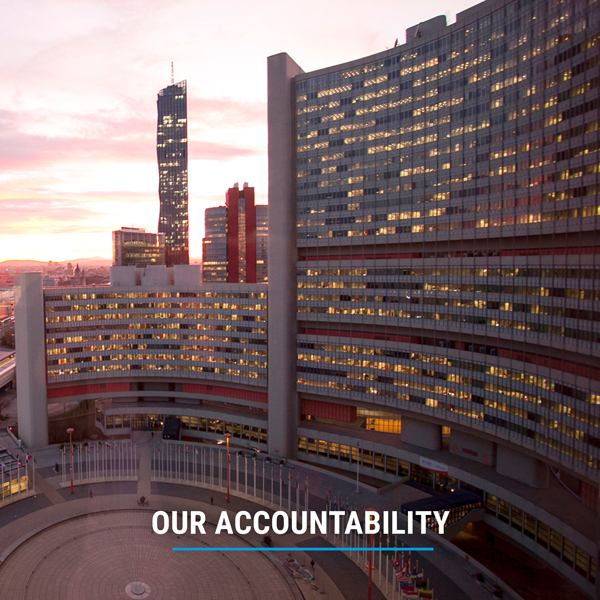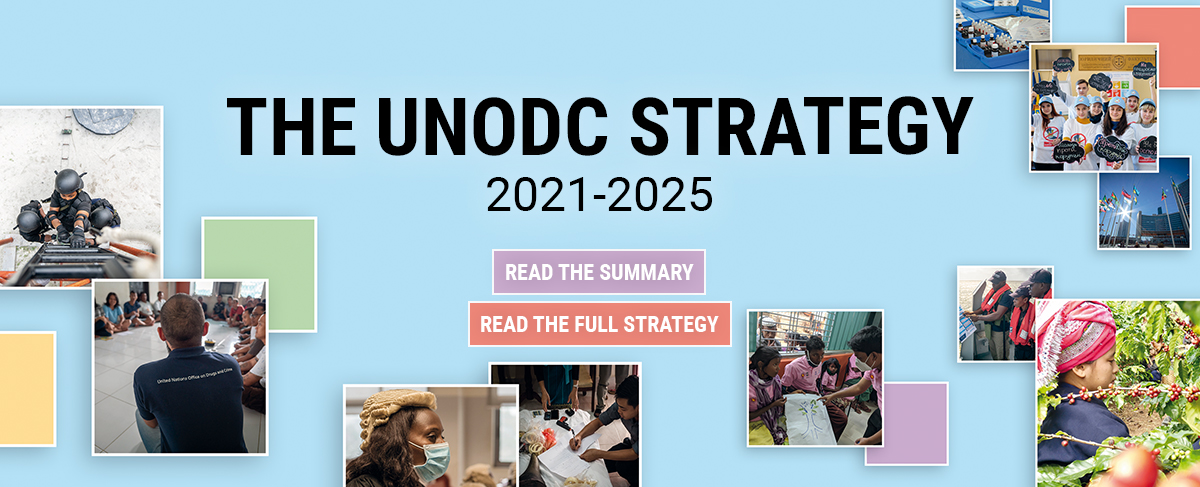
The mission of UNODC is to contribute to global peace and security, human rights and development by making the world safer from drugs, crime, corruption and terrorism.
To achieve this, UNODC is working for and with Member States to promote justice and the rule of law and build cohesive, safe, and resilient societies.
The current United Nations system reforms that aim to enhance effectiveness and efficiency as to reinvigorate multilateralism, provide further impetus to the UNODC’s five-year strategy.
.

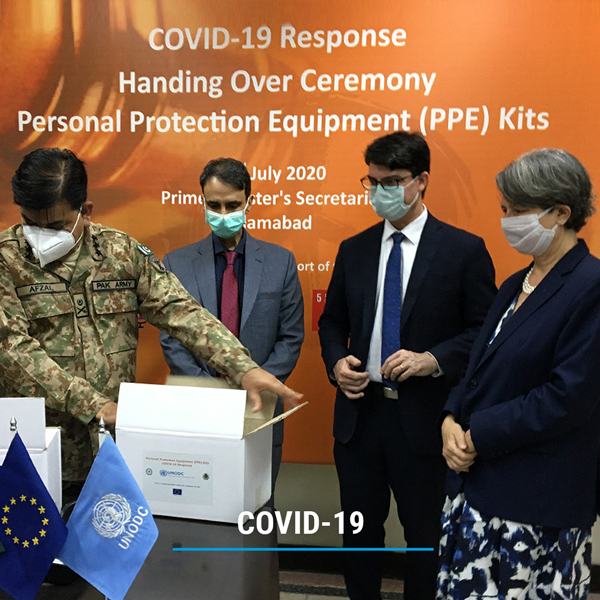
In 2020, the COVID-19 pandemic is changing the world. It has exacerbated problems of fragility, crime and terrorism and exposed inequalities.
The resulting health, humanitarian and economic crises are seriously putting at risk the multilateral consensus reflected in the 2030 Agenda for Sustainable Development, including the targets that are directly linked to UNODC’s mandates.
The pandemic clearly demonstrates that the challenge we face is global, and that UNODC has an important role to play, bringing together countries to transfer knowledge, skills, and information in the field of drugs, crime, corruption and terrorism, and helping the international community address our common challenges.
UNODC’s programmes and technical advice are based on the knowledge that we generate. Our research and policy analysis rapidly identify new trends and threats, policy and programmatic responses that are needed to address them, and share this knowledge and put it into practice to support States.
The coming five years will see us deploy innovative methods, leveraging new technologies and creating an organizational culture that is based on trust, respect and accountability.
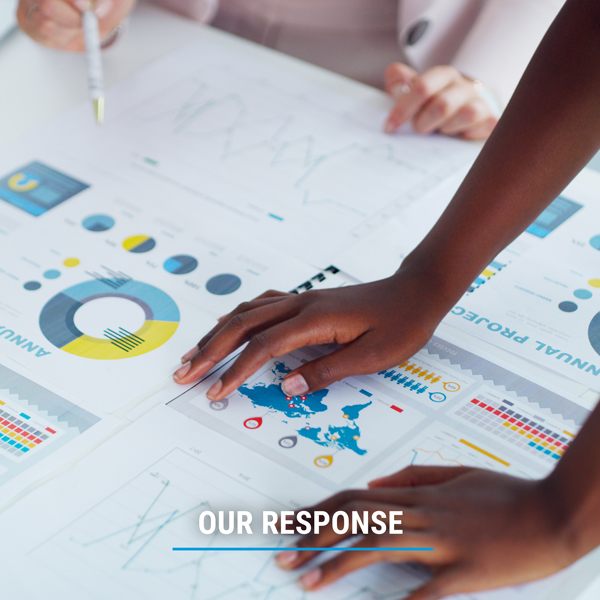

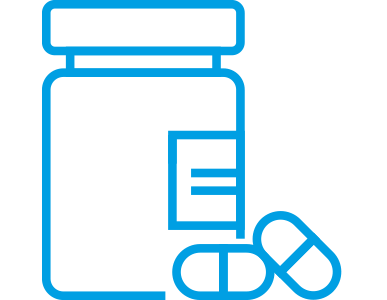
- Improved prevention, treatment and care
- Effective criminal justice responses to trafficking
- Greater access to controlled medication for those in need
- Sustainable alternatives to illicit drug cultivation
- Strengthened international law enforcement cooperation
- Improved understanding and monitoring of illicit drug markets
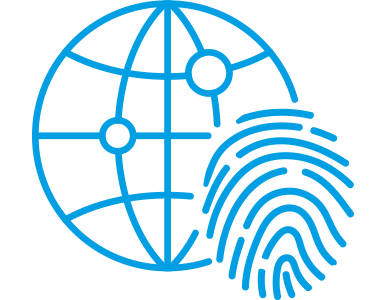
- Effective legal frameworks to combat transnational organized crime
- Improved investigation and prosecution of organized crime cases and assistance to victims
- Better responses to Cybercrime
- Greater and more timely analysis and monitoring of Organized Crime trends
.

- Strengthened legal, policy and institutional frameworks to counter corruption
- Implementation of innovative knowledge-based solutions
- Increased cooperation among and between institutions at the local, national and international levels
to prevent and counter corruption
- Fast track implementation of review mechanism recommendations

- Effective and accountable criminal justice responses to terrorism
- Increased international cooperation related to terrorism and its financing
- Effective application of human rights compliant measures to prevent terrorism and protect its victims
- Increased implementation of programmes to prevent and counter violent extremism
which can lead to terrorism.
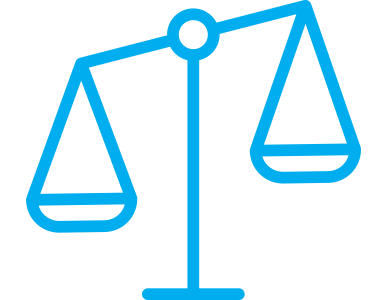
- Strengthened access to justice for all, particularly the most vulnerable
- More effective, community- and knowledge-based crime prevention
- Better prevention of violence and increased access to gender responsive justice
- Strengthened prevention of and responses to violence against children
- Implementation of comprehensive reforms to ensure safe, secure and humane custody of prisoners
Flexible and wide-ranging partnerships add significant value to our work by using innovative ways to deliver assistance when and where needed, building national ownership and sustainability, and maximizing impact.
UNODC will strengthen and deepen its’ working relationships with other parts of the United Nations system, as well as other international organizations, based on the principle of complementarity, avoiding overlapping activities.
The reformed UN Country Teams will also provide avenues for joint planning and programming with a variety of local actors guided by the priorities of Member States.
To achieve this, our civil society, academia and private sector partnerships will be critical. As will be South-South cooperation, through which we will work with our partners on enabling flows of know-how and expertise between countries that share similar challenges.
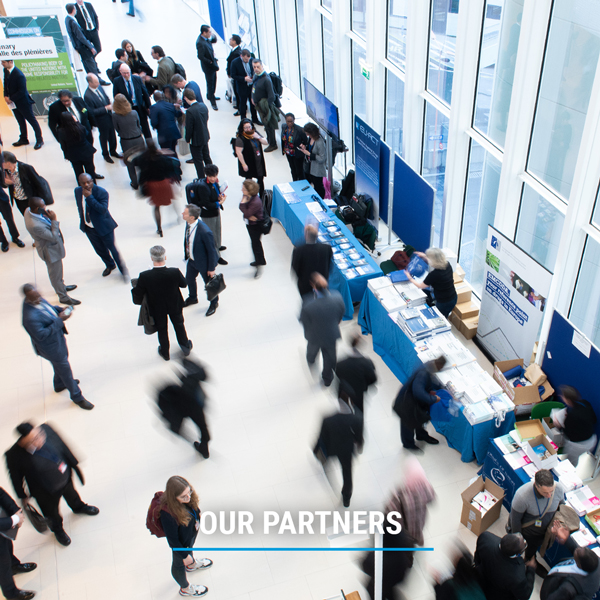
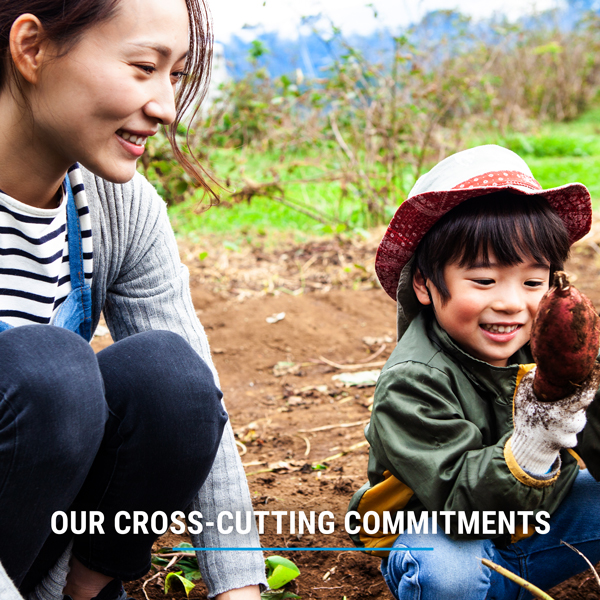
All our work underlines our commitment to human rights, gender equality and the empowerment of women, as well as the protection of children and harnessing the transformative power of youth. We will follow a people-centred approach to achieving sustainable improvements in the lives of the most vulnerable.
This strategy is premised on political and financial partnerships, transparency and continuous engagement.
We recognize communications as a key strategic driver of UNODC fulfilling its mandate and as such we will increase investments in communications capacities throughout.
We shall hold ourselves accountable to achieving the goals and aspirations and undertake to communicate our results, successes and setbacks in a transparent manner to all our stakeholders.
We will conduct evaluations in all areas of work and use evaluation and oversight results to produce actionable recommendations.
We will expand the reach of our resource mobilization and our partnership efforts and provide better financial and substantive reporting.
